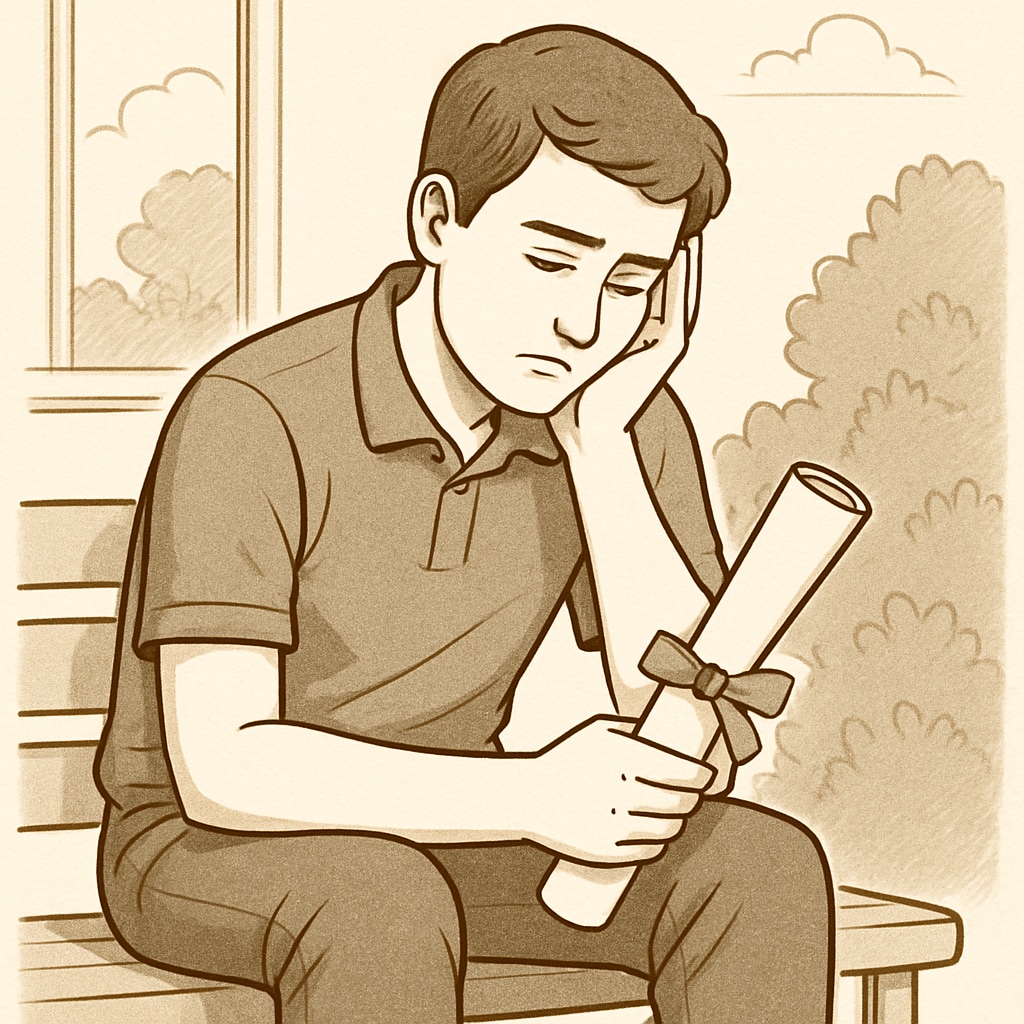Graduating with a high school modified diploma is a significant milestone, yet many students later experience regret over their educational choices. This feeling often stems from concerns about limited career opportunities, missed academic pathways, or dissatisfaction with the perceived value of the diploma. However, regret does not mean the end of your journey. In this article, we discuss the implications of a modified diploma, explore actionable ways to seek change, and offer practical guidance for managing emotional distress.

Why Regret Over a Modified Diploma Happens
Regret over a high school modified diploma frequently occurs when individuals realize its limitations in comparison to a standard diploma. A modified diploma is typically designed for students with specific educational needs, offering tailored coursework but sometimes excluding components required for certain college admissions or professional certifications. As a result, graduates may feel that their diploma restricts their future options.
Common triggers for regret include:
- Difficulty accessing higher education programs.
- Challenges in securing competitive job positions.
- Social stigma or misconceptions surrounding modified diplomas.
Understanding these challenges is the first step toward addressing them effectively.
Can You Reverse or Supplement Your Diploma?
For those who regret their modified diploma, the good news is that there are pathways to change. While a diploma cannot be undone, options exist to enhance your qualifications and broaden your opportunities. These include:
- Enrolling in adult education programs to earn a GED or equivalent diploma.
- Taking community college courses to build academic credentials.
- Pursuing certification programs in technical or vocational fields.
For example, earning a GED (General Education Development) certificate can open doors to universities and employers who may otherwise not accept a modified diploma. Additionally, community colleges often have open enrollment policies, allowing students to demonstrate their capabilities through coursework and potentially transfer to four-year institutions.

Managing Emotional Impact and Moving Forward
Regret over educational choices can lead to anxiety, self-doubt, or even depression. It’s crucial to address these feelings constructively. Here are some strategies to help manage the emotional impact:
- Focus on Growth: View your diploma as a stepping stone rather than a final destination. Use it to identify areas for improvement and set realistic goals.
- Seek Support: Engage with counselors, mentors, or support groups who understand your situation and can provide guidance.
- Celebrate Small Wins: Every step toward your goals, such as completing a new course or earning certification, is a victory worth acknowledging.
Regret can feel overwhelming, but with the right mindset and actionable plans, it’s possible to turn it into a source of motivation.
External Resources for Further Guidance:
Conclusion: Regret Is Not the End
Regretting your high school modified diploma does not mean you’ve failed. It simply means you’ve recognized areas for growth and change. By taking proactive steps to supplement your education, exploring vocational or technical opportunities, and addressing emotional challenges, you can redefine your future and achieve personal success. Remember, every journey is unique, and what matters most is your willingness to adapt and keep moving forward.
If you’re feeling regret, ask yourself: What can I do today to move closer to my goals? The answer may surprise you—and empower you.


